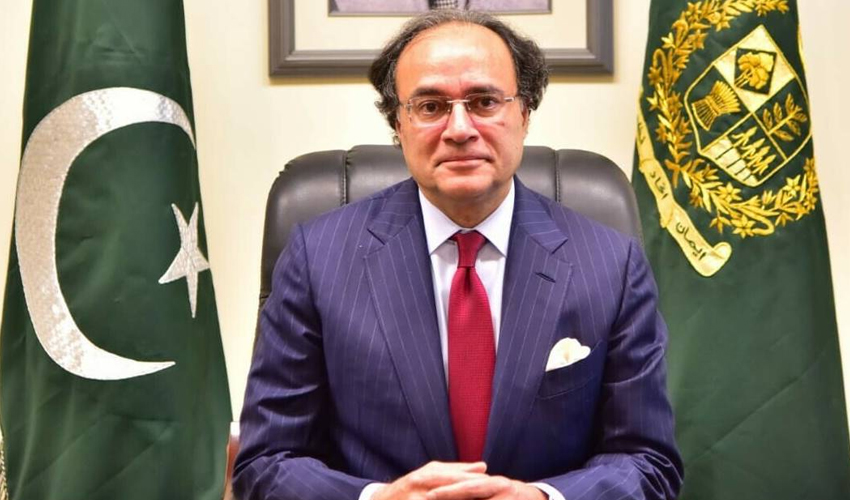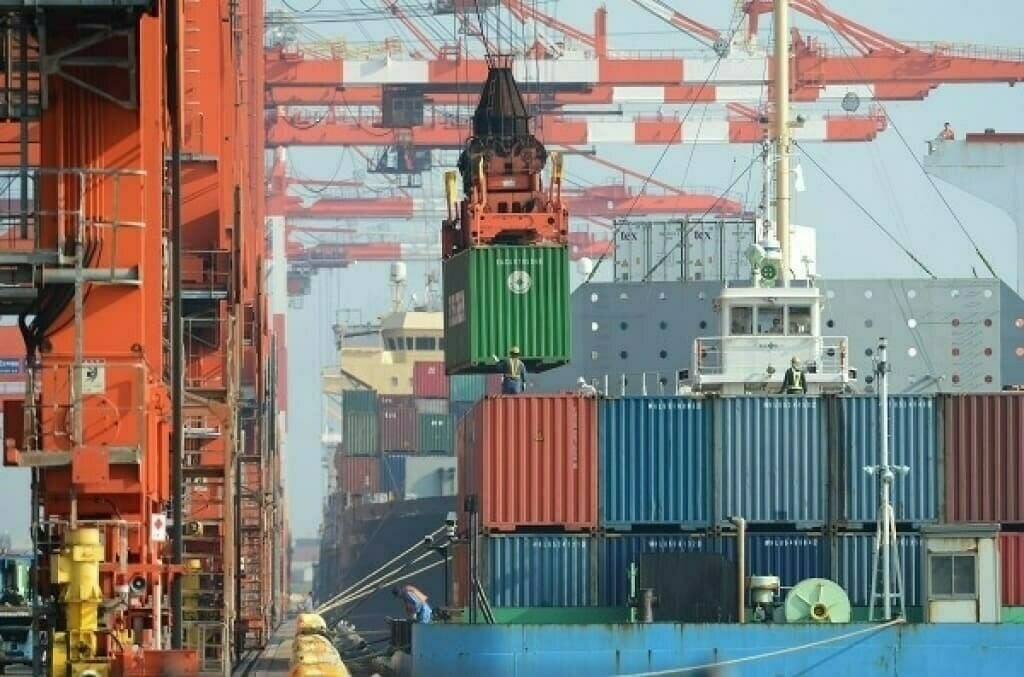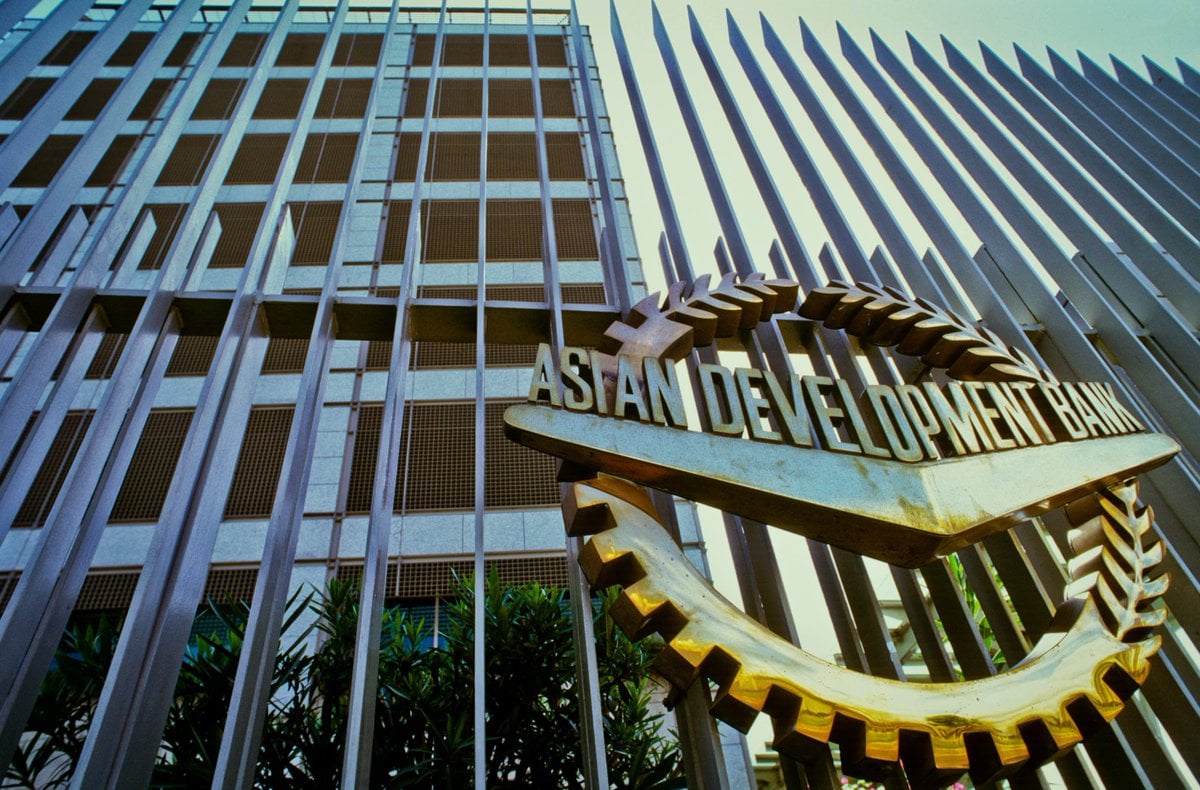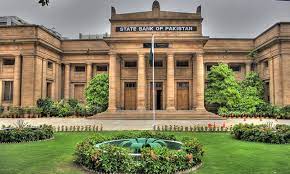Mohsin Siddiqui (Chief Reporter)
Federal Minister for Finance, Senator Muhammad Aurangzeb, reiterated the government’s commitment to reducing expenditures and strengthening Pakistan’s economy during a press conference in his hometown, Kamalia, on Wednesday. Aurangzeb emphasized the importance of fiscal responsibility and outlined several measures aimed at achieving economic stability.
Aurangzeb announced that the federal government plans to shut down parallel ministries and departments that have been devolved to the provinces. This move aims to significantly reduce expenditure and improve efficiency within the government. The Prime Minister has already announced the closure of the Pakistan Public Works Department, a decision expected to alleviate the financial burden on the government.
The Finance Minister highlighted the necessity of expanding the tax base, stating that “countries are run only on taxes.” He emphasized the government’s focus on enforcement and compliance, noting that while the laws are in place, their enforcement has been lacking. The government plans to introduce taxes on retailers starting in July, following the registration of approximately 32,000 retailers.
Aurangzeb stressed the importance of taxes for the GDP and the need to bring more sectors into the tax net. He mentioned that the national economy is on the right path, and expanding the tax base is crucial for sustaining this progress.
In response to criticism about the lack of relief for the salaried class, Aurangzeb explained that the government is unable to provide relief due to the substantial losses incurred by various institutions. He made it clear that progress would require handing over operations to the private sector. Aurangzeb asserted, “You can run schools, universities, and hospitals on charity money but not a country. Tax concessions will gradually be abolished.”
The Finance Minister reiterated the government’s commitment to reducing expenditures and boosting revenues. He mentioned the plan to privatize State-Owned Enterprises (SOEs), which have been a significant drain on the national exchequer. Citing Pakistan International Airlines (PIA) as an example, Aurangzeb pointed out that its liability of 622 billion rupees had been transferred to the government. The privatization of SOEs is expected to reduce the financial burden on the government and improve efficiency.
Aurangzeb also announced that the outsourcing of airports is nearing completion, with Karachi Airport set to be handed over to the private sector by July or August, followed by Lahore Airport. This measure is part of a broader effort to reduce losses and burdens on the federal government.
On the revenue side, the Finance Minister highlighted the goal of increasing the tax-to-GDP ratio from 9.5 percent to 13 percent over the next three years. He stressed that taxes are essential for running the country and outlined several revenue measures. These include bringing the non-taxable sector into the tax base, gradually eliminating tax exemptions worth 3.9 trillion rupees, and rephrasing policies in areas like health and agriculture.
Aurangzeb emphasized the government’s focus on compliance, plugging leakages in the system, and implementing end-to-end digitization to reduce human intervention, increase transparency, and end corruption. Sales tax automation is a top priority in these efforts.
The Finance Minister reiterated the government’s commitment to developing the agricultural sector. He mentioned that 41 billion rupees had been earmarked in the federal Public Sector Development Programme (PSDP) to promote agriculture. The government intends to solarize tube wells, provide loans to small farmers, and develop warehouses to facilitate small-scale farming. Subsidies on fertilizer, seeds, and agriculture will continue, and banks, including Islamic banks, are being encouraged to facilitate loans for farmers.
In the IT sector, the government aims to support freelancers and increase exports from $3.5 billion to $7 billion. A substantial amount has been allocated in the budget to facilitate the IT sector.
Aurangzeb clarified that the International Monetary Fund (IMF) had no involvement in the country’s agricultural sector. He assured that the Prime Minister’s recent visit to China was focused on technology transfer, industry development, and enhancing exports, rather than seeking aid.
Overall, the government’s plans are designed to strengthen Pakistan’s economy, reduce dependence on aid, and promote sustainable growth through taxation, compliance, and development in key sectors like agriculture and IT. By reducing expenditures and expanding the tax base, the government aims to create a more resilient and self-reliant economy.




